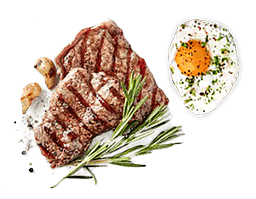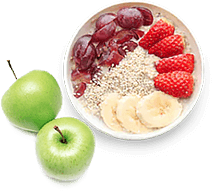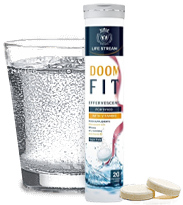Keto diet


Weight loss by burning fat naturally
When the body stops receiving energy from carbohydrates, it enters a state of ketosis after 7-10 days.
The main source of energy for the brain during ketosis. It fuels
As a result, stagnant fat deposits disappear , and your body ,
Keto Diet FAQ
1. What is the Keto Diet?
The keto diet is a low-carb, high-fat diet designed to put your body into a state of ketosis, where it burns fat for energy instead of carbohydrates.
2. How does ketosis work?
Ketosis occurs when your body runs out of carbs to burn for energy and starts breaking down fat into ketones, which become your primary energy source.
3. What foods can I eat on the keto diet?
- Allowed: Meat, fatty fish, eggs, cheese, butter, oils, low-carb vegetables (like spinach, broccoli), nuts, and seeds.
- Avoid: Sugary foods, grains, starches, fruits (except berries), beans, legumes, and high-carb vegetables (like potatoes).
4. How many carbs can I eat daily on keto?
Most keto diets recommend limiting your daily carb intake to 20–50 grams.
5. Can I lose weight on the keto diet?
Yes, many people lose weight on the keto diet due to reduced appetite and increased fat burning. However, individual results vary.
6. Is the keto diet safe?
For most people, the keto diet is safe when followed correctly. However, it may not be suitable for individuals with certain health conditions, such as liver, kidney, or heart issues. Always consult your doctor before starting.
7. What is the "keto flu"?
The "keto flu" is a group of temporary symptoms (headaches, fatigue, nausea) some people experience when starting keto. It usually happens as the body adjusts to ketosis and can be managed by staying hydrated and increasing electrolytes.
8. Can I exercise on keto?
Yes, you can exercise on keto, but you may need time to adapt. Endurance activities often work well with keto, while high-intensity workouts may require carb adjustments.
9. Can I do keto if I’m vegetarian or vegan?
Yes, though it requires careful planning. Vegetarian options include eggs, cheese, avocados, nuts, and low-carb veggies. Vegans can focus on plant-based oils, coconut products, and tofu.
10. How long does it take to enter ketosis?
It typically takes 2–4 days to enter ketosis if you strictly limit carbs and increase fat intake.
11. Can I drink alcohol on keto?
Yes, but choose low-carb options like dry wine or spirits (vodka, whiskey, tequila) without sugary mixers.
12. Are there any side effects of the keto diet?
Common side effects include:
- Constipation
- Bad breath (keto breath)
- Fatigue during the adaptation phase
- Potential nutrient deficiencies if not planned well
13. Can the keto diet help with medical conditions?
Keto has been shown to help with epilepsy, type 2 diabetes, and certain neurological conditions. However, medical supervision is essential.
14. How can I avoid nutrient deficiencies on keto?
Incorporate a variety of low-carb vegetables, healthy fats, and proteins. Supplements like magnesium, potassium, and a multivitamin may also help.
15. Is the keto diet sustainable long-term?
While many people benefit from keto short-term, its long-term sustainability depends on individual preferences and lifestyle. Some transition to a modified low-carb diet after achieving their goals.















.jpg)






.jpeg)


0 Comments